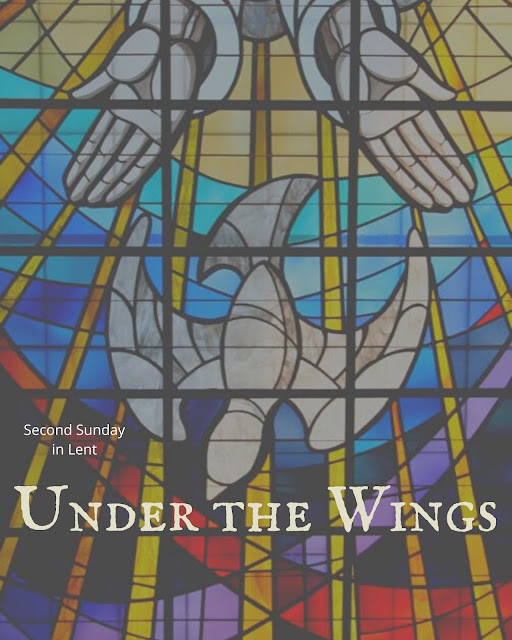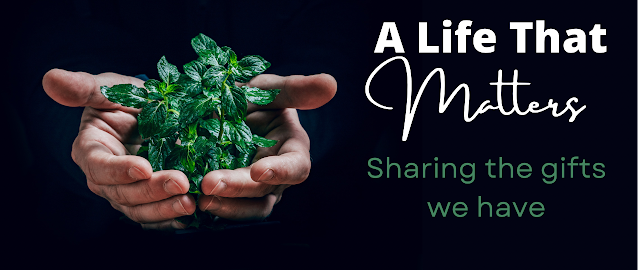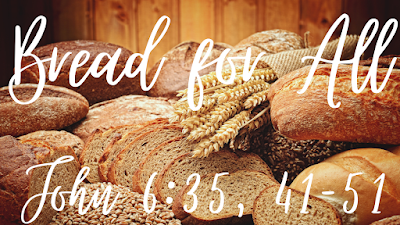Under the Wings - Luke 13: 31-35 (Lent 2C)
You may be able to see what the sermon might look like this morning. But, maybe, in the excitement of the basketball tournament and our event later this morning, maybe we should have served chicken wings for everyone here to make sure to look underneath them. You may also be thinking let's hope I don't use foul language. But seriously folks - I shouldn’t make light of Jesus’ words this morning. But, in thinking about how hens and foxes relate, there are many idioms and phrases that relate to this. Given that history, they seem to be pretty sworn enemies. Some of the ones I came across were: “madder than a wet hen” - that must be a Southern phrase, because it doesn’t seem to make much sense to me. Chickens really don’t mind the rain, it’s not like they’re scared of it either. Another phrase that I’ve actually heard was “as scarce as a hen’s tooth”… I can see that one. Chickens don’t have teeth, so it’s gotta be something super rare. The last one, which gets into today’s scripture, “don’t let the fox guard the henhouse”. Again, foxes and chickens are natural enemies, so why would you want to put them in such a precarious position? The meaning of the phrase is that don’t put someone in charge who will take advantage of the people they are charged with. It relates to today’s scripture a little, since we heard from … the reader … that there were foxes and hens involved at least, allegorically. But much like those chickens being protected by the foxes, Jesus was told he was in danger, because nobody likes Herod. He kept going with healing the people and freeing them of their demons. He stayed firm in his faith and knew what he was called to do. In his image, we can do the same, even when lamenting and our hearts break.
From the start of our text today, Jesus was told by some Pharisees that Herod is out to get him, and he responds, "Don't you think I know that?", possibly with tears coming down his face.
It'd be effortless to have a sermon this morning about the Pharisees and how they are warning Jesus, despite being viewed through Luke's gospel as "the bad guys." Now, I do have to be careful because it was well-intentioned for them to alert Jesus to the bad news for all we know. The heading for this section is that Jesus laments Jerusalem. He knows that, like Rome, all roads in his life lead through Jerusalem. He also knows that that city is, to say the least, not friendly to prophets through the Old Testament. Jesus would have known that Herod had plans for him because back in the 9th chapter of this book, when John the Baptist is martyred, Herod then says that he has more questions for Jesus (indirectly). Ever since then, I'm sure he's been avoiding being detected and yet still doing the work he was set out to do.
The Pharisees have a tenuous relationship with Jesus, yet, Jesus still communes with them and doesn't cut them out of his life. This may be a good model for us in our Lenten season. We are called to practice self-restraint & spiritual discipline, wouldn't a good way to live out our faith be to engage with those who disagree with us, but not in a combative way, as easy for as to do. We can take those "under our wing" and make sure they feel loved and supported as the people they are. That said, with Herod being the one who wants to harm Jesus, Jesus makes sure he distances himself from him. Jesus rebukes Herod, calling him a fox. Now, the Gospel of Luke was written in Greek, and so in the culture that would have read it, a fox was a cunning, maybe deceitful person. In Aesop's fables, the fox was probably the greatest villain of them all. The fox can be a wise character, unstable, and maybe even hypocritical. But in Jewish / Hebrew culture, the Old Testament doesn't have an equivalent word, so sometimes the same word "shu'al" is also translated as jackal. Jackals are also more common in the Middle East than foxes. It also may signify a lack of strength and how destructive they are. These animals were also considered to be unclean and to be avoided at all costs
Even portraying Jesus as a lowly hen, he brings honor to the animal. Also - this divine spiritual female energy we could use a little more of.
In contrast to the fox which represents Herod, Jesus in verse 34 compares himself to a hen, gathering all the offspring under her wing. It's interesting Jesus chose a hen. Chickens are everywhere, right? Much like my experience in Costa Rica, they're kind of ubiquitous and they go where they want. I'm not sure if they would have fencing material that would keep chickens in a coop or anything, so i would think they'd be a little more free-range than they are in modern times.
Regardless, a hen's image is really different from how we view Jesus. If I was to ask my children to draw pictures of Jesus for me, I'm not sure what I'd get, but suffice it to say, it wouldn't be a chicken. But as I read more and meditated on scripture, it made sense. Jesus says he wants us to rest in him. He is our refuge and our safe space. We need to be vulnerable, which only happens when we are relaxed and protected. As I said in the newsletter this month, I also found myself trapped going down some internet black holes of protective hens. It made me realize how good it is to be at the top of the food chain. Hens have many predators, whether foxes or birds of prey. But one thing hens must be is resilient and fierce.
Jesus takes this metaphor and uses it to explain his love for Jerusalem. Jesus doesn’t want to destroy the city because they reject him, he is just filled with sorrow. The chicks gathering under Jesus' wing are the people of Jerusalem, and more than that, everyone! He wants to embrace his people, his creation. Jesus tells us about loving and caring for everyone - including those who are not welcomed by the Jews, saying that the undesirable must be allowed into the church. Jesus says that the first will be last, and the last will be first. Who does that? He consistently calls for power structures to be flattened, that there is worth in everyone, including those who go unseen and unheard. Talk about annoying. Do you know what else can be annoying? Mother hens. By nature, they are overbearing; they interfere. They cluck and pick at you constantly.
At the same time, it's interesting that Jesus uses this feminine imagery for his analogy. It's a powerful image, don't get me wrong, but maybe using a mother bear (like in Hosea), or a mother eagle (from Deuteronomy), or even as a midwife (in the Psalms), those pictures are clear of women in their element, being powerful, acting in the ways God called them to be. But Jesus goes a different way. He compares his love to a mother hen whose chicks disown him. Her arms are empty. Just imagine the grief, and maybe some of you don't have to.
But in the grief, he knows he’s on his way to Jerusalem, which doesn’t deter him, even if death is to happen. His reference to completing his work on the third day is definitely a reference to the resurrection, and this is more than that Jesus was sent to die, but that the Jewish people could not embrace their savior, and are not convinced that he is who he is known to be.
Reaching out to those who feel excluded and taking them "under the wing" brings hope and faith to those who can use it. He wasn't angry at Jerusalem, which is easy to decipher from this text, but Jesus is disappointed being pushed away when all he wants to do is get closer. Jesus does release a little venom towards Herod, who kind of deserves it, but this is painful for Jesus. As I alluded to earlier, I bet he may have been on the verge of tears as he is talking to the Pharisees here. He knows what must be done as he gets to Jerusalem, and he's currently on his way, but Jesus is courageous. That seems a little different in our post-9/11 world that sets security as one of our highest ideals. The Pharisees respected Jesus enough to make him want to be safe. Jesus knew that being safe does not lead to transformation. Being safe does not heal people; it doesn't do the work they were called out to do. It may not be physically secure with Jesus today, but with him protecting us, keeping us under the wing, we can feel confident and encouraged with what God has called us to do. Miroslav Wolf, professor, and the author suggested, "Christian communities must learn how to work vigorously for the limited change that is possible, to mourn over persistent and seemingly unstoppable evils, and to celebrate the good wherever it happens." We find it difficult to mourn, and the strength that comes from reflection upon our places where that evil prevails can join together to overcome it. In my own words, A way to explain this might be to “love the sinner, but hate the sin” but in reference to the sin of being separated from God, not wanting to participate in the reconciliation of the Lord and being offered salvation. Not as a way to punish those who we are looking to distance from. We all have sin, so let us embrace those sinners whose ways may even be different than ours so that we can realize together that we all embody the people of God.
God is not only a redeeming God but a protecting and nurturing God as well. Jesus' lament is worth noting that his people were breaking his heart. As the church, we can break his heart as we push him away. But know that as we turn towards Jesus, listen and come to know his heart, the more we will feel the proverbial wings wrap around us, gathering in to Jesus. The foxes that are looking for us, wanting to hurt or eat us, can harm us - not only physically but can induce fear. We need to lean into those open arms of Jesus, embracing everything we are, even the fact that death is inevitable. Let us keep doing the work we have been tasked to do, even in the face of that fear.




Comments
Post a Comment